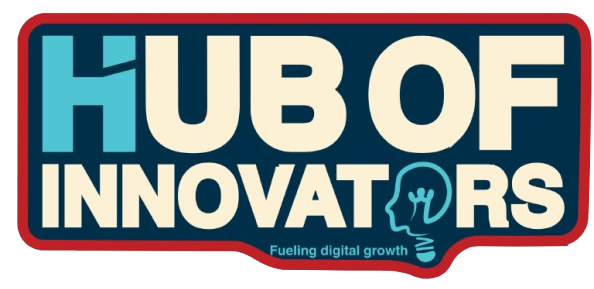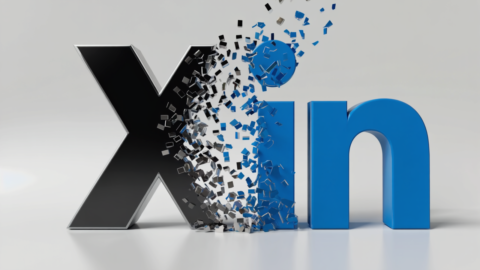Artificial intelligence (AI) has irrevocably transformed the marketing landscape, and at the center of this shift are powerful AI marketing tools that help businesses automate, personalize, and optimize their campaigns.
In 2025, a diverse ecosystem of these tools is giving marketers an edge, boosting efficiency, sparking innovation, and driving results like never before.
Shall we begin…
Content Creation & Optimization:
- Jasper: This leading AI writing assistant has become a staple for marketers. Beyond basic text generation, Jasper excels at crafting compelling narratives, generating creative content ideas, and adapting to various writing styles. Its versatility extends to long-form content like articles and reports, making it a valuable marketing asset.
- SurferSEO: This comprehensive SEO platform leverages AI to go beyond keyword research. SurferSEO analyzes competitors, identifies content gaps, and provides in-depth recommendations to optimize content for search engines. Its AI-driven features ensure content aligns with search intent, improves readability, and maximizes organic visibility.
- Copy.ai: A user-friendly AI writing tool that excels at generating short-form content like social media posts, ad copy, and email subject lines. Copy.ai offers a wide range of templates and customizable options, making it easy to create engaging content for various marketing channels quickly.

Social Media Management:
- Later: This visual social media scheduling platform utilizes AI to optimize posting times, identify trending hashtags, and analyze audience engagement. Later’s AI-powered features help marketers maximize their social media reach, improve brand visibility, and build stronger relationships with their followers.
- Sprout Social: A comprehensive social media management platform with robust AI capabilities. Sprout Social leverages AI for sentiment analysis, competitor monitoring, and automated reporting, providing valuable insights into social media performance and enabling data-driven decision-making.
Email Marketing:
- Mailchimp: A widely-used email marketing platform with AI-powered features for personalized subject lines, audience segmentation, and predictive send times. Mailchimp’s AI engine helps marketers optimize email campaigns for deliverability, increase open rates, and drive higher conversions.
- GetResponse: Offers a suite of AI-driven email marketing tools, including an AI email copywriter, automated workflows, and advanced analytics. GetResponse’s AI capabilities empower marketers to create compelling email campaigns, personalize the customer experience, and maximize ROI.
Customer Relationship Management (CRM):
- Salesforce Einstein: This AI-powered CRM platform provides predictive analytics, personalized recommendations, and automated workflows to enhance customer interactions. Salesforce Einstein leverages machine learning to anticipate customer needs, identify high-value opportunities, and improve customer satisfaction.

Advertising & Analytics:
- Google Ads: Utilizes machine learning to optimize ad campaigns, find the most relevant audience, and maximize return on investment (ROI). Google Ads’ AI-powered features automate bid adjustments, target the right customers, and improve ad performance across various channels.
- Adobe Analytics: Provides in-depth customer insights through AI-powered data analysis. Adobe Analytics leverages machine learning to identify trends, predict future behavior, and uncover hidden opportunities, enabling marketers to make data-driven decisions and optimize their marketing strategies.
Related article: How to Measure Digital Marketing ROI in 2025
Choosing the Right Tools:
Selecting the most effective AI marketing tools requires a careful evaluation of your specific needs, budget, and team expertise. Key considerations include:
- Ease of use: How intuitive and user-friendly is the interface?
- Feature set: Does the tool offer the specific functionalities required for your marketing objectives?
- Integrations: Can it seamlessly integrate with your existing marketing technology stack?
- Cost: What is the pricing model, and does it align with your budget constraints?
- Customer support: Does the vendor provide adequate support and resources to assist with implementation and ongoing use?
Conclusion
By carefully assessing these factors and experimenting with different tools, marketers can leverage the power of AI to streamline their workflows, enhance campaign performance, and achieve unprecedented levels of success.
The future of marketing is undeniably AI-powered, and by embracing these innovative tools, businesses can gain a significant competitive advantage in today’s dynamic market.









